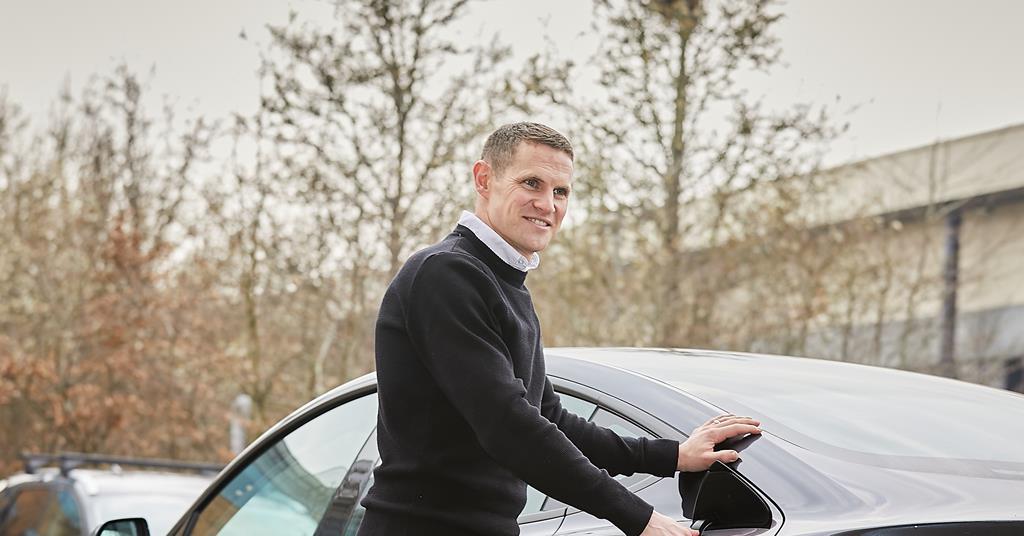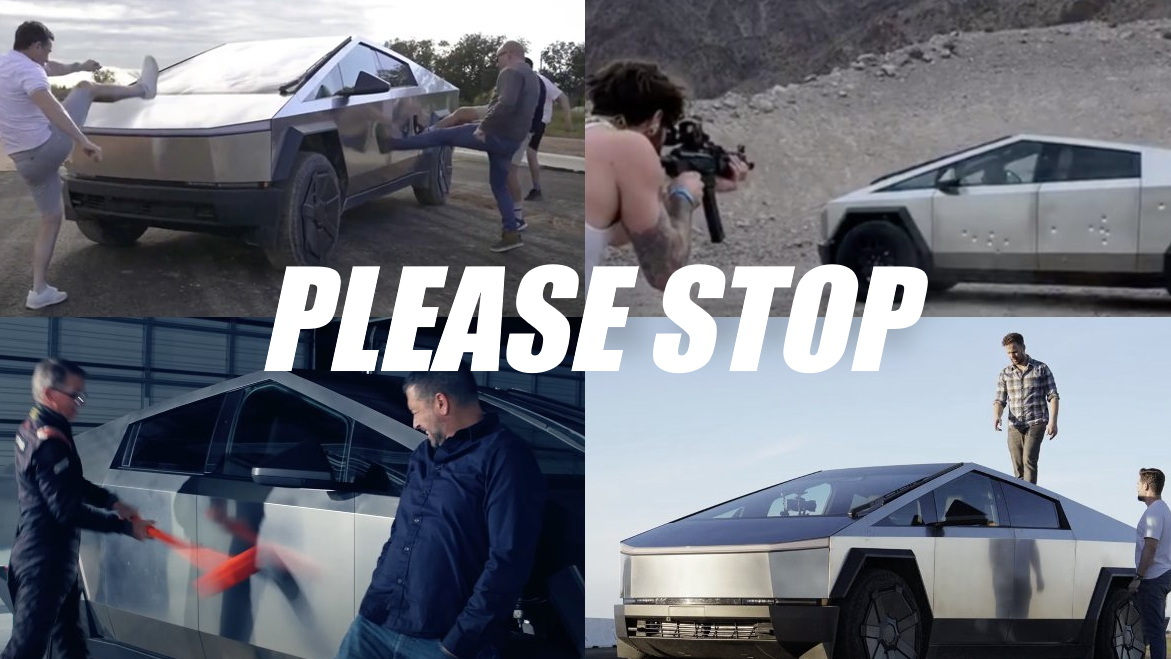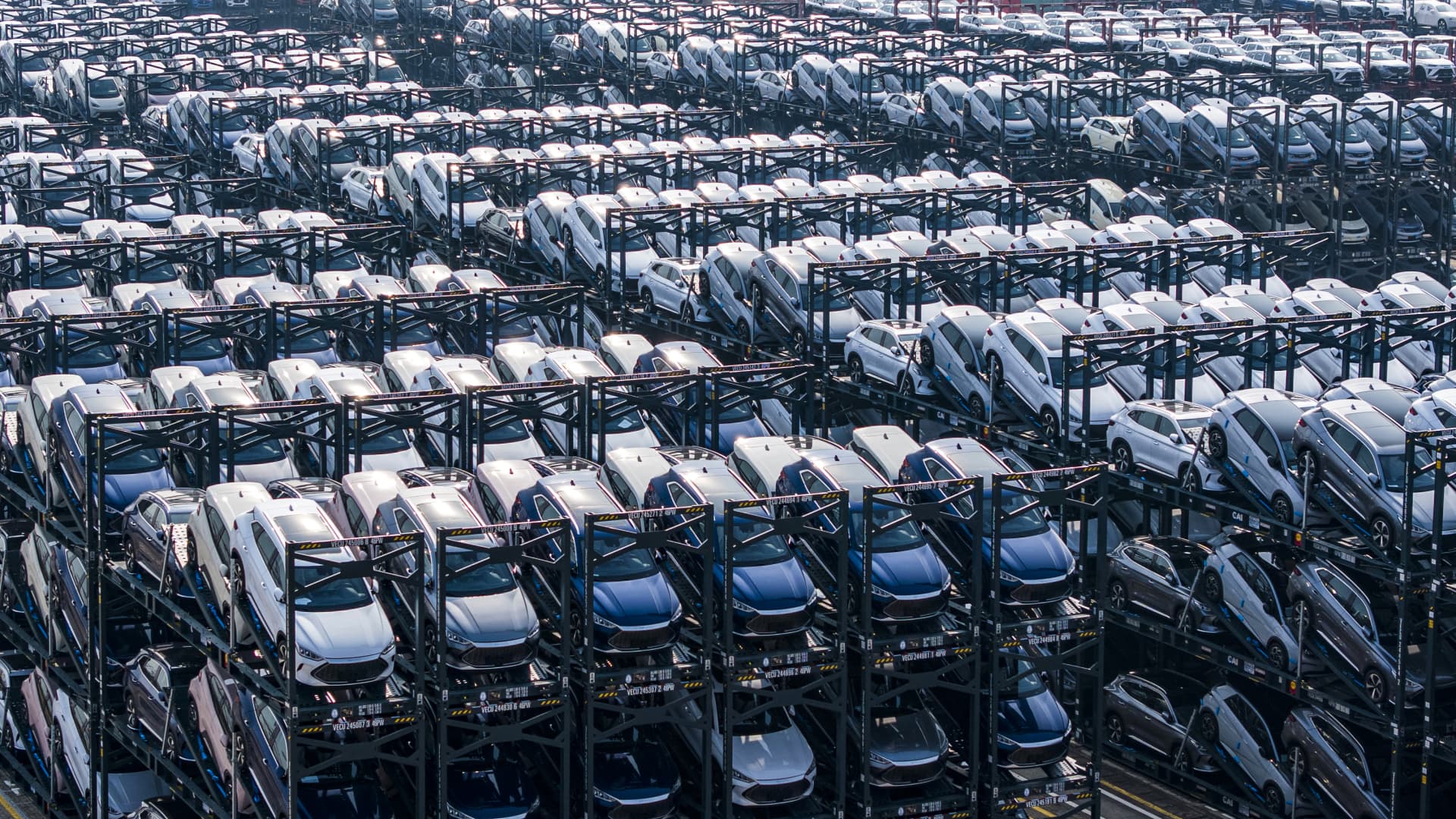I disagreed because this is a quite oversimplified and one-dimensional view.
Toyota had huge success with Lexus, introduced in the US and developed for the US primarily, launched in ~1987 almost instantly being best selling luxury vehicle in US, the going global. That followed the introduction of Camry, also designed for the center of the US sedan market.
Toyota through the 1970's and1980's grow rapidly in many global markets with a plethora of models.
As fro the Prius, it was not the product fo desperation but an exploration for the future, built in part from the ashes of the RAV4 EV California compliance car powered famously by Tesla and contributing to the Fremont factory. That was largely the product of the failure of the Joint venture with GM, rather than inherent Toyota problems.
From our perspective, conditioned by facts and, factually, bias, to see BEV as THE solution, back in the later 1990's that was definitely not a sure thing. Toyota has devoted itself to Deming's-style continuous improvement, as is copiously documented as "he Toyota Way". What hindsight tells us, especially those of us so enamored with Deming, is that such an approach fails miserably when technological change reorders objective reality. That, rather than short term market weakness in Japan dissuaded Toyota from greater innovation building on their initial lead.
In my opinion, versions of that drive for Demings-style continuous improvement, has inhibited the entire established auto industry, including Toyota. Further all of them, whether Japanese, Korean, German or US, have suffered from their explicit attempts to mimic the Toyota Way, itself heavily driven by relentless outsourcing. In short, the success pattern fo the 1980's proved the root cause of 2020's lagging innovation. Demings did not anticipate fundamental technological change.
I did not mention Stellantis and predecessors/components because they have more in common with things like 1960's German consolidation (e.g. NSU, Borgward, etc) and, horror!, British Motors Corporation.
Anybody can choose to disagree with this assessment but... it took an Elon Musk to start from his famous "First Principles" to revolutionize Space Flight and automotive technology. It really is bizarre that the pace of innovation speeds almost exponentially by completely discarding the Demings-style continuous improvement. Factually incrementalism is the enemy of progress.
As a onetime deep devotee of Deming's and as a consultant and executive I pushed to adopt mimics of 'The Toyota Way' to the extent of succeeding in fomenting both mergers and merger integration following those principles. I was WRONG!
The weakness of Toyota is dependent commitment to incrementalism. When incrementalism begins to fade, the impulse is to jump to 'the next big thing' such as hydrogen. The problem is that trained incrementalists really do not see the difference between fundamental principles and continuous improvement. That makes things such as Hydrogen seems like a good idea if one has never heard of the Bohr radius. Strangely there are many, many engineers who think they can beat that problem. Even Toyota.
That is the problem of incrementalism.
Bluntly, all that has little or nothing to do with Japanese auto market share.
Back in 2006, when plugin hybrids were still only a proposal, and Martin Eberhard had yet to be ousted from Tesla, he wrote this about Hybrids:
A world of 100% hybrids is still 100% addicted to oil.
...
I’m a bit conflicted about whether or not I think plug-in hybrids are a good idea. Plug-in hybrids are really a stepping stone on the road to a pure EV. Most people view them as an intermediate step. At Tesla we’d prefer to jump to the finish line and build the best pure EV possible now.
...
Tesla Motors will remain focused on building the best electric cars for the foreseeable future. With each passing year, our driving range will get longer and the argument for plug-in hybrids will get weaker. To hell with gasoline
The fact that here after the better part of 2 decades this still an issue with manufacturers makes me suspect that there's more at play than purely manufacturing challenges (although they certainly are large for those who haven't dedicated themselves) ... I wonder how much of this is petroleum lobbying and pressure behind the scenes. The oil industry no doubt recognizes the writing is on the wall (just as tobacco, chemical companies, etc...did), and that "100% addicted to oil" , all the while appearing to be green, looks good to them, no doubt...





